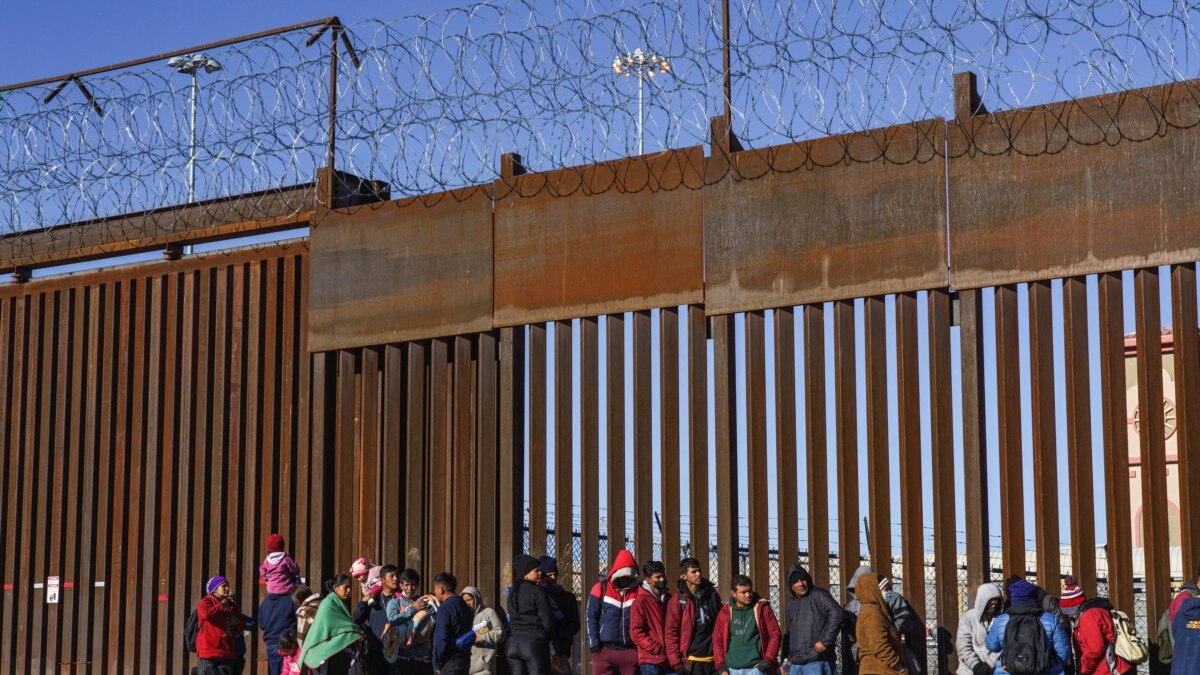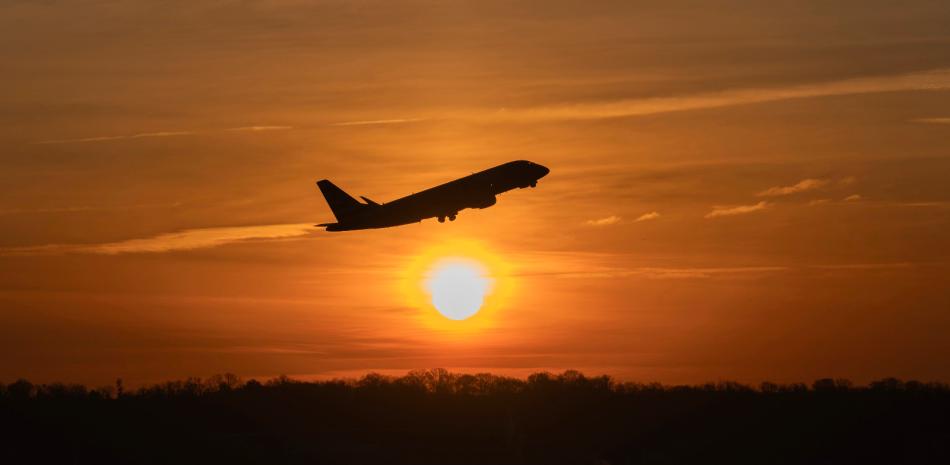How to get “a bucket of cold water,” described the Cuban Daniel – who did not want to share his last name for fear of reprisal – this Thursday of the United States’ move to ban irregular entry of people from Cuba through its borders, as well as Haitians and Nicaraguans.
Daniel was the second person in his family to decide to attempt the dangerous route from Nicaragua, one of the few countries where Cubans are visa-exempt, which is why he was so used. Springboard on the road to America. “I am at a loss as to what to do now, I don’t know what will happen to the money that has already been spent,” he said.
“Imagine I prepared everything to travel on Friday, I paid for the tickets, my family in Miami sent the first part of the money to the coyote who was going to take me to the border, and now I see this” lamented this young man from Havana.
On the other hand, for Lisbety Arredondo, a young woman who recently graduated in economics from the central province of Ciego de Ávila, the announcement of the new visa program was “an opportunity” she did not want to waste. He said VOA He said he had already asked a friend to be his sponsor and was going to try to apply because he had “no more time to waste”.
“If I’m honest with you, that’s fine with me. I don’t have the minimum 15,000 dollars needed for that trip, and it’s nothing more than asking for a loan to sponsor visas,” he said.
I paid for the tickets and my family in Miami sent the first part of the money to the coyote who was going to take me to the border.
Along with Venezuela, Nicaragua, Haiti and Cuba are among the countries that bring the most immigrants to the United States.
The island is experiencing a historic exodus caused by the current severe political and economic crisis, and since 2018 the same has been happening in Nicaragua.
In fiscal year 2022, a record 224,607 Cuban migrants reached the U.S. border, while 6,182 rafters were intercepted by the Coast Guard in Florida waters, the highest since 2008.
The number of Nicaraguans found on the southern border of the United States in fiscal year 2022 was 164,600, according to official data; In the two months of fiscal year 2023, the number of immigrants from this country was 55,279, which is more than the number of people from the countries of the Northern Triangle of Central America (Honduras, El Salvador and Guatemala).
Uncertainty
Washington’s new move has surprised many immigrants who want to reach the United States.
Marlon Chavarria, a Nicaraguan from the town of Zondales, 140 kilometers from Managua, received word that the United States would “close the border” in Mexico.
Chavarria, 25, left Nicaragua on November 6, 2022, but was detained on several occasions by Mexican immigration, so he was stranded while he received more financial resources to continue his journey.
Despite the measures announced by the White House, he vows to continue his journey. “The truth is, because I can’t stay in Mexico or go back to Nicaragua, the intention is to go to the United States at any cost, and they are looking for me everywhere,” this person told VOA by phone.
César López, another Nicaraguan from the city of Rivas, south of the capital, notes that Washington’s actions surprised him because he sold many goods to reach the United States in the coming months.
“This move is disappointing, Nicaragua now has few opportunities,” said the 30-year-old man.
Those who had already managed to reach the United States before these measures characterized the new immigration measures as “extremely painful”, such as Cuban Francisco Luis Manzanet Ortiz, who arrived in the United States through the border of Mexico in April 2021. Aztec nation for nearly two years.
Ortiz was stranded in Mexico under the Remain in Mexico program during the Republican Donald Trump administration.
“The situation is actually a bit sad for many people who are fleeing dictatorial regimes like Nicaragua, Cuba and Venezuela,” he told VOA by phone from the state of Wyoming, where he currently works.
Manzanet, who hails from Baracoa in the Cuban province of Guantanamo, fled his country for Mexico after joining opposition organizations for years. “This situation is now difficult for the Cubans and the Venezuelans for the Nicaraguans, because there are even kidnappings in Mexico, they smuggle, so that the Cubans have to ask their relatives for money. [en EEUU]”.
Connect with Voice of America! Subscribe to our channel Network light And activate notifications or follow us on social networks: Facebook, Twitter And instagram





